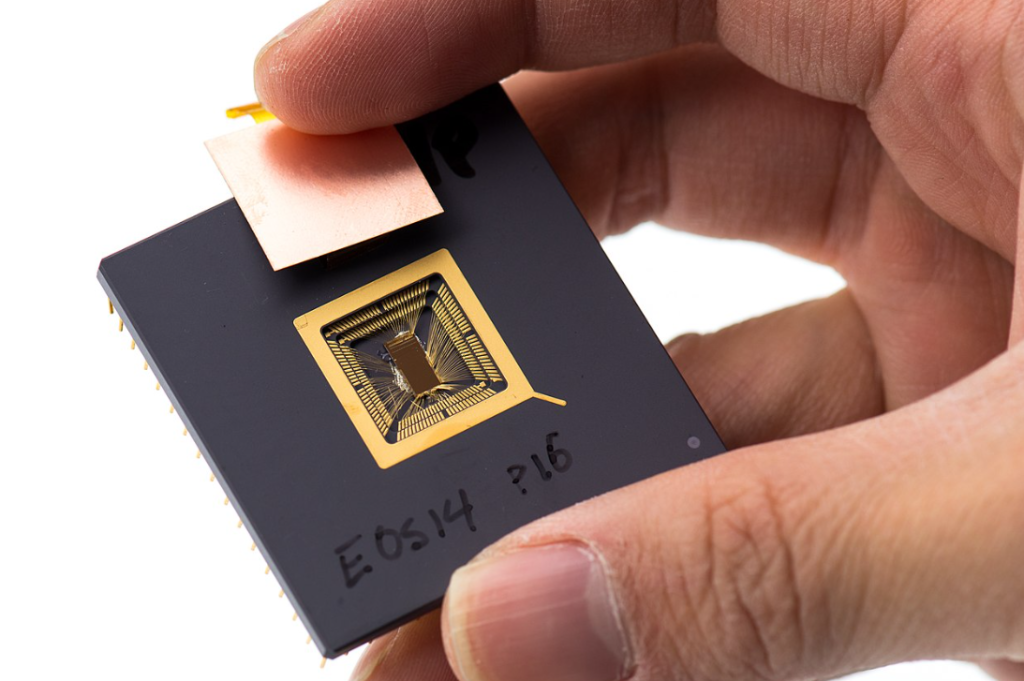To address national security concerns, the US Department of Commerce has embarked on a thorough review of China’s involvement in open-source RISC-V chip technology. RISC-V, a burgeoning alternative to proprietary technologies like those from Arm Holdings, has garnered significant attention for its versatility, spanning applications from smartphone chips to cutting-edge AI processors.
With major Chinese tech firms, including Alibaba Group Holding, using RISC-V, the strategic competition over advanced chip technology between the US and China has intensified. This has prompted 18 US lawmakers to urge the Biden administration to prevent China from attaining dominance in RISC-V technology.

In light of these concerns, the Commerce Department has confirmed its commitment to evaluating potential risks and exploring appropriate measures within its jurisdiction. However, it is also striving to proceed cautiously to avoid obstructing the participation of US companies in international collaborations concerning RISC-V technology.
Previous restrictions on transferring 5G technology to China have highlighted difficulties for US companies in global standards organizations, which could endanger US dominance in the sector. In this context, the Commerce Department’s examination of China’s role in RISC-V technology emphasizes the wider geopolitical consequences of technological rivalry.
China’s military institute, the PLA’s Academy of Military Sciences, has notably adopted open-source RISC-V technology, utilizing it in patents for high-performance chips to improve reliability in cloud computing and smart cars. Chinese state entities and research institutes have made substantial investments in RISC-V projects, aiming to contest the dominance of Western architectures such as x86 and Arm.
While RISC-V has yet to surpass the dominance of x86 and Arm architectures, its advantages in cost-effectiveness, customizability, and energy efficiency have made it an attractive prospect for chipmakers and OEMs. However, the increasing adoption of RISC-V in China, supported by substantial government funding, has raised concerns about its potential impact on US technological leadership and national security interests.
As the Commerce Department continues its review, the outcome will likely shape the trajectory of US-China technological competition and influence policies regarding the transfer of advanced chip technologies.
Related:
- China’s drone industry soars to new heights, with more than 1.26 million registered UAVs
- Chinese retailers acquire NVIDIA AI Chips despite US restrictions
- Huawei is planning to expand globally with HarmonyOS amidst the US sanctions
(via)







